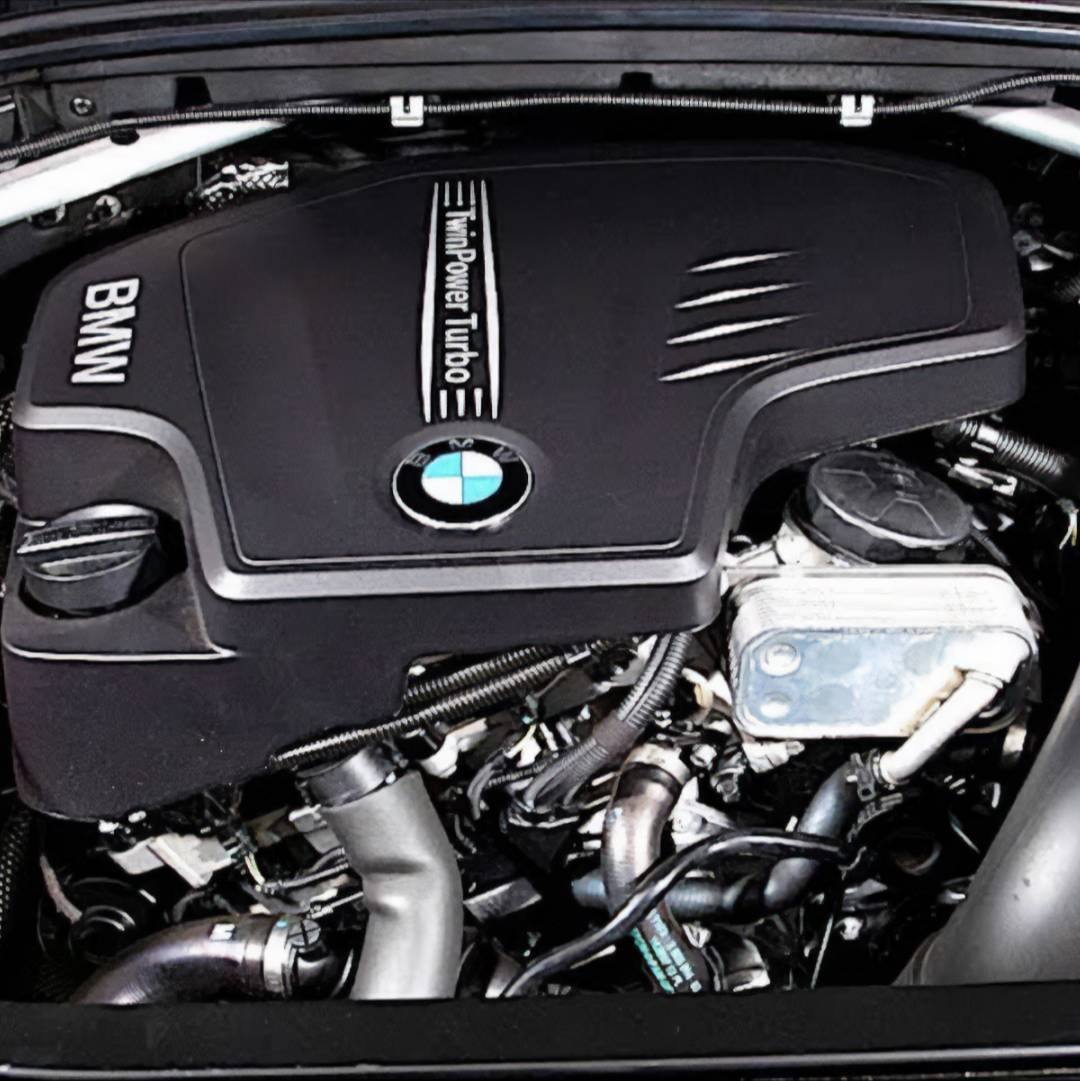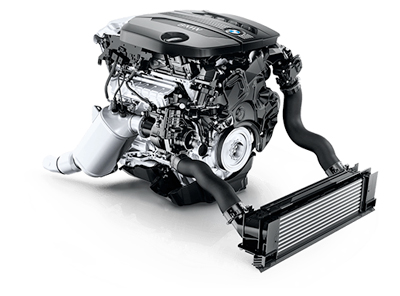Revealing the Intricacies of Next-Generation Power Units: a Deep Study Advanced Engine Innovations and designs
In the world of auto design, the unrelenting quest of sustainability, efficiency, and performance has thrust the development of power systems to unmatched elevations. As we stand on the precipice of a new age in transport, the complexities of next-generation engine layouts bid us to discover the innovative innovations and developments that promise to redefine the driving experience. From sophisticated products that press the borders of toughness and weight decrease to advanced turbocharging and turbo charging systems that boost power output to brand-new levels, each part of these power devices holds an essential to unlocking the future of auto engineering. Diving much deeper right into the worlds of discharge control, intelligent engine monitoring systems, and the horizon of power system development, we find ourselves on the cusp of a change that promises to improve the landscape of wheelchair as we understand it.
Advancement of Engine Materials

The change towards progressed engine products has actually likewise made it possible for designers to develop engines with higher power outputs while preserving gas effectiveness standards. The usage of light-weight products decreases the total weight of the engine, leading to improved gas economic situation and reduced emissions. In addition, innovations in products technology have actually permitted for better thermal management within engines, causing boosted dependability and longevity.
Turbocharging and Supercharging Technologies
How do Turbocharging and Supercharging Technologies transform engine efficiency and efficiency in modern-day cars? Turbocharging and supercharging are modern technologies that significantly enhance engine performance by increasing the quantity of air intake into the combustion chamber. Turbocharging attains this by making use of a wind turbine driven by exhaust gases to pressurize the consumption air, while turbo charging uses a belt- or chain-driven compressor to accomplish the same effect.
These modern technologies make it possible for smaller sized, much more fuel-efficient engines to generate power comparable to bigger ones, understood as downsizing. Forcibly more air right into the cyndrical tubes, supercharging and turbocharging improve combustion performance, causing increased horse power and torque result without a considerable boost in engine size. This causes far better acceleration, towing capability, and total driving performance.
Moreover, turbo charging and turbocharging add to improved fuel performance by allowing the usage of smaller engines that take in much less gas under regular driving conditions - bmw engine. This combination of enhanced performance and efficiency has made turbocharging and turbo charging important parts of several modern engine designs
Exhaust Control and Environmental Influence
With enhancing international issues relating to air high quality and ecological sustainability, the implementation of discharge control technologies in cars plays an important role in decreasing dangerous pollutants released into the ambience. Modern lorries are furnished with advanced emission control systems that aid lessen the ecological impact of automotive procedures. Catalytic converters, for instance, are created to convert harmful gases such as carbon monoxide, nitrogen oxides, and hydrocarbons into less dangerous substances like co2 and water vapor.
Moreover, innovations in engine modern technology, such as the assimilation of exhaust gas recirculation systems and careful catalytic reduction, have substantially contributed to lowering discharges. These modern technologies work in tandem to enhance burning performance and lessen the launch of damaging pollutants right into the air. Furthermore, the development of crossbreed and electric automobiles represents a vital action towards lowering the general environmental impact of the transport field.
Intelligent Engine Administration Equipment

In addition, these systems enable lorries to satisfy strict emissions requirements without endangering performance, supplying a more environmentally friendly driving experience. The assimilation of synthetic knowledge and machine knowing capabilities in engine administration systems remains to push the borders of what is feasible, bring about further enhancements in efficiency, dependability, and overall vehicle performance. bmw engine. As automobile modern technology breakthroughs, intelligent engine administration systems will play an essential YOURURL.com duty fit the future of transport towards a more reliable and sustainable instructions
Future Trends in Power System Advancement
As smart engine management systems pave the means for boosted control and optimization in modern automobiles, future patterns in power device development are poised to redefine the landscape of automobile propulsion innovations. These alternate power resources supply improved efficiency and performance while aligning with rigid ecological regulations.
One more considerable trend is the assimilation of sophisticated products and manufacturing techniques. Lightweight materials such as carbon fiber and aluminum are being used to minimize general car weight, improving fuel efficiency and efficiency. Furthermore, developments in 3D printing and additive production are making it possible for the production of complicated engine elements with greater precision and sturdiness.
Moreover, expert system and artificial intelligence are playing a vital duty in maximizing power unit efficiency. These innovations permit real-time monitoring and flexible control, leading to much more efficient YOURURL.com and dependable power distribution. Overall, future fads in power unit growth are tailored in the direction of efficiency, sustainability, and performance, driving the vehicle market in the direction of a brand-new era of propulsion technologies.

Final Thought
In conclusion, the advancements in engine materials, turbocharging, emission control, and smart monitoring systems have actually paved the way for next-generation power units. The complex layouts and developments in modern-day engines showcase the continuous development of automobile technology.
Checking out the dynamic innovations in engine products has actually been critical in boosting the efficiency and performance of modern-day engines. Over the years, the evolution of engine products has actually played a vital duty in pressing the limits of what engines can attain.The change in the direction of advanced engine materials has actually additionally allowed engineers to create engines with higher power results while preserving fuel effectiveness requirements.The application of smart engine management systems in modern cars has transformed the means engines are controlled and optimized for performance and efficiency. By collecting information in real-time and examining it with sophisticated formulas, find more intelligent engine management systems can adjust to driving designs, ecological elements, and engine health and wellness to take full advantage of power outcome while lessening fuel intake and discharges.